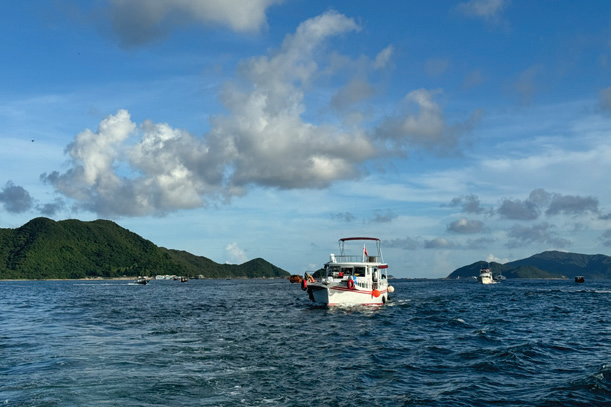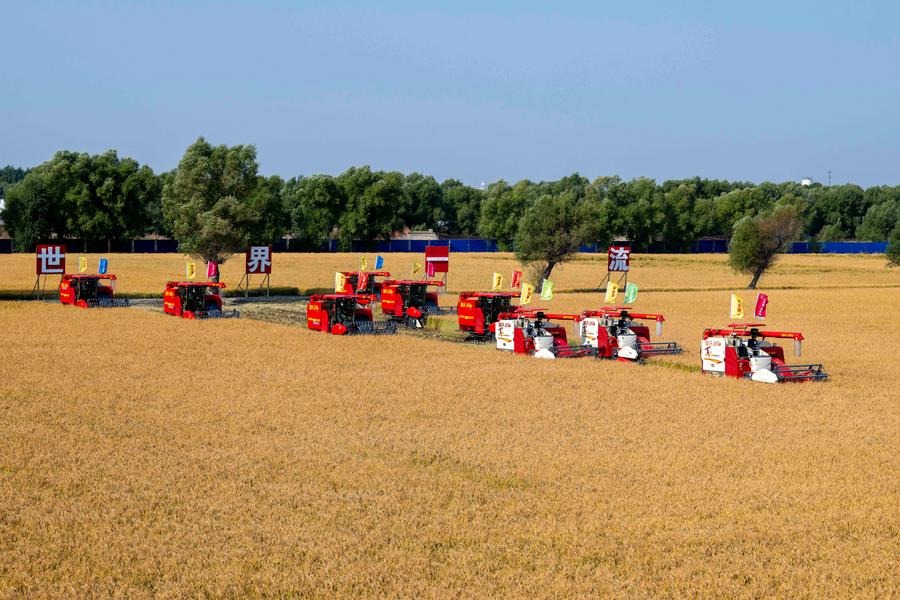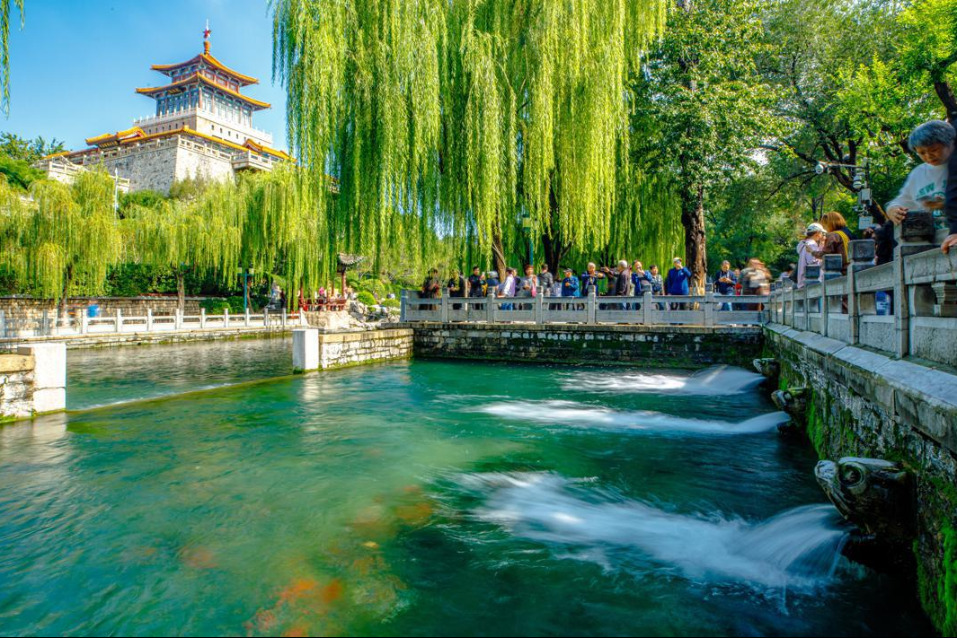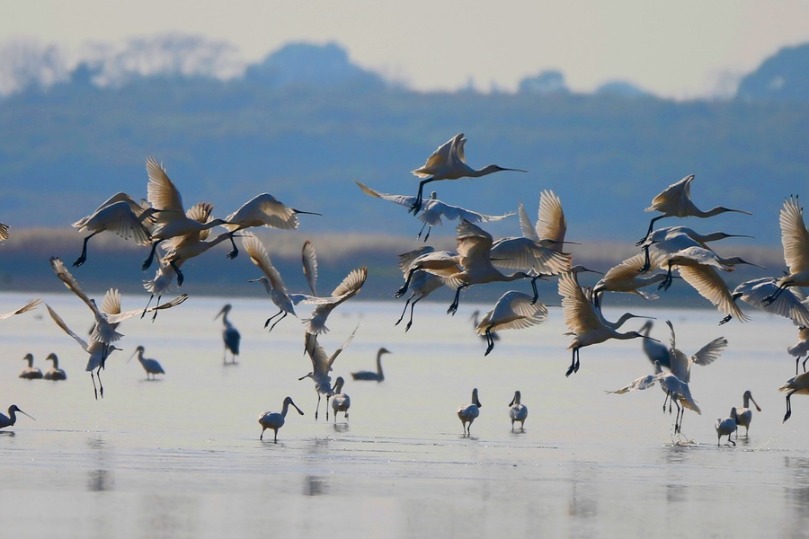Country moods

Hong Kong is giving ecotourism a boost with plans to help more rural eateries and lodging facilities. Community leaders and industry players have welcomed the move, saying it will spur economic growth and promote urban-rural integration. Wu Kunling reports.

From Yim Tin Tsai pier, a stroll along tranquil village paths leads to a small restaurant and store nestled under shady trees, serving traditional Hakka delicacies like tofu pudding, herbal tea and cha kwo (steamed sticky rice dumplings). Run by Kito Chan and her family for nearly a decade, the eatery also hosts occasional workshops, showcasing traditional local cuisine like bamboo rice.
Set in the inner waters of Hong Kong's Sai Kung district, the picturesque island village of Yim Tin Tsai boasts a rich history spanning over 300 years, with Hakka and Catholic cultures seamlessly intertwined. Its name points to its defining feature — a salt pan — and it is the city's only salt pan still in operation. Stepping into the restaurant, visitors can relax and view the ancient pan. The place is almost the only "refueling point "on the island and is featured in countless travel guides.
But, Chan laments that the eatery's revenue has fallen short of covering basic expenses this year, necessitating subsidies from family members' other jobs.
- HK: Forging agreement across oceans
- Integration shatters innovation barriers
- Jakarta-Bandung High-Speed Railway handles over 12m passengers in 2 years
- A channel for breakthroughs
- Scientists propose new model to sustain global carbon cycle simulation
- Chinese scientists warn of extreme drought impact on global grassland, shrubland ecosystems




































